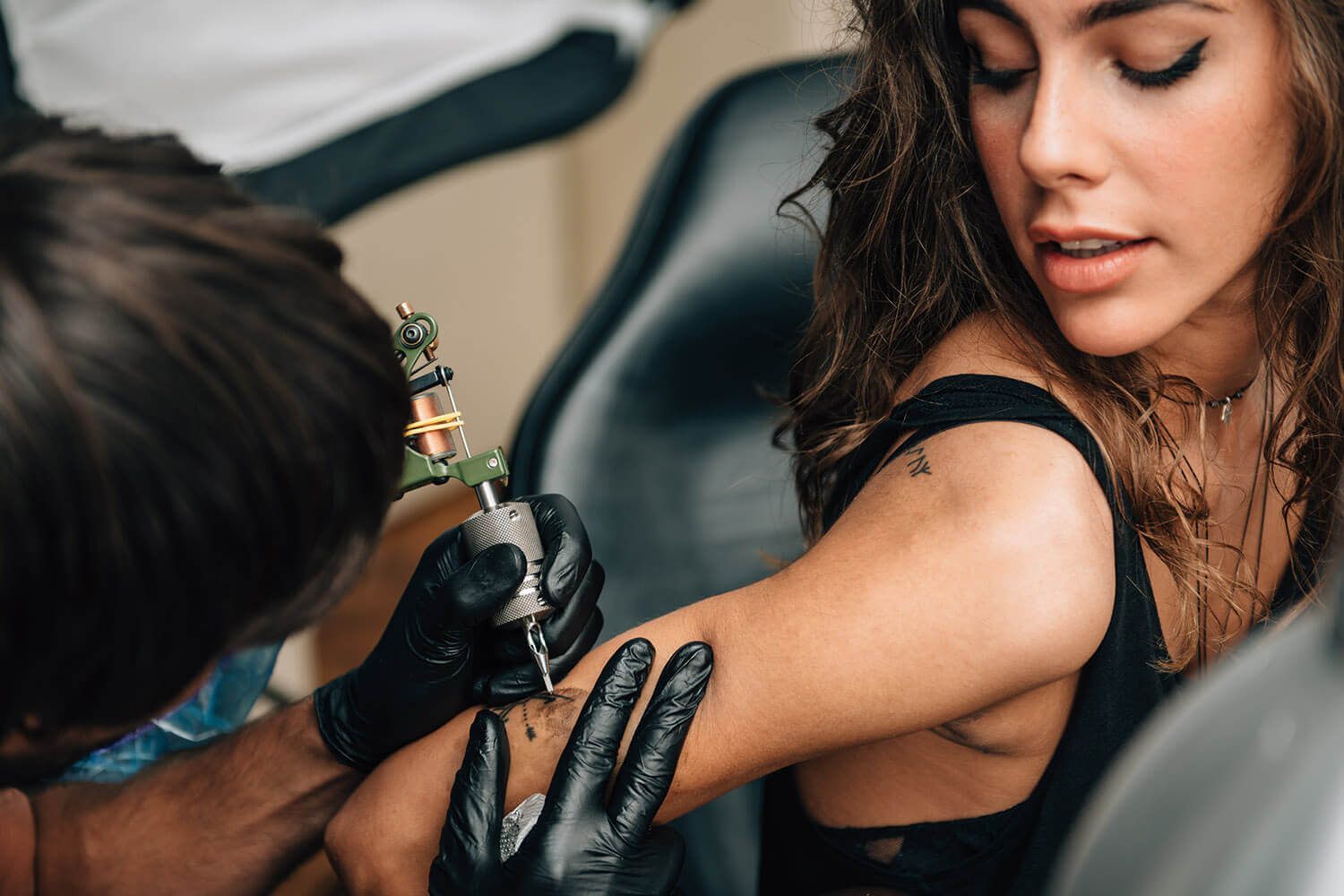Paw Paw Highschool, found in Paw Paw, Michigan, has found itself at the center of a civil rights and liberties debate.
In Michigan, there used to be a multitude of schools that used names like “Redskins” or “Indians” for their athletic teams and mascots.
According to the Michigan Coalition Against Racism in Sports and Media, a group founded by Native Americans, there are only five schools in Michigan which have opted not to change the names: Saranac High School, Camden Frontier School, Clinton High School, Paw Paw High Schoo,l and Sandusky High School.
Paw Paw found itself front and center in the debate when the ACLU of Michigan asked the local Wal-Mart to remove any merchandise bearing the insignia of the Paw Paw Redskins.
In February 2017, the board voted 4-3 to keep the name, admitting that the decision was a difficult one, and only reached after “months of contentious and passionate arguing that divided many in this small community on a matter that had seemed to be something that unified them; their name.”
This decision was not the end of the matter, however.
The board’s vote was final, and only subject to change if there was a chance that the school may lose funding over the issue. The State of Michigan upped the ante in March 2017, threatening to withhold funds until the name is changed.
The debate has now changed to whether the state has the authority to hold back the funds, and once again the question has been asked: is it offensive, a nod to the heritage of the area, or a term defended by the ignorant and uninformed?
Students and some residents have argued that it is an honor to the Native American community rather than a derogatory slur, and the push for change has been coming from people who do not live in the community and should have no say in the matter.
However, there is a clear and considerable opposition of people in the community that say otherwise.
While there was a petition on change.org to keep the ‘redskin’ name, more people in the community were preferable to changing the mascot (in an opposing petition), many finding it offensive and embarrassing to the community.
Members of the Native American community have taken an apparent stance, looking at the history of the term “redskin” and its overall derogatory meaning.
Rather than fostering connection and inclusion, they argue, it does not help students and others to “learn and grow on equal footing.”
There is even controversy and disagreement over the word ‘redskin’ and its interpretation.
It is established that the word first was used in the mid-18th century, a time marked by repeated clashes between colonists and the Native American population. By 1812, members of tribes were referring to themselves as redskins.
It was not used in a derogatory way until the 1860s, leading to Webster’s Dictionary noting the “often contemptuous” nature of the term in 1898.
By the late 1960s and early 1970s, the issue of the term redskin being used for athletic teams was already coming up with delegations of Native Americans meeting with sports teams representatives to encourage the use of a less offensive term.
The issue has been bouncing back and forth ever since. Much of this was seen in the case of the Washington Redskins, a football team, but the issue clearly reaches down even to local teams.
A Native American woman from Paw Paw talked about the scale of the issue after the 2017 ruling:
“My kids are in their 20s. I’ve been doing this [arguing about the name] since I’ve had kids. This is not a new battle. This is something that we’ve been struggling with for decades…it is not just a village issue. It is a global issue. It affects everybody.”
The ACLU would agree.
In the recent letter to Wal-Mart, the ACLU says,
“Walmart has a responsibility to take a leadership role in (the Paw Paw) community. Refusing to sell offensive paraphernalia will effectively communicate to the residents of Paw Paw that Walmart stands with the overwhelming majority of its customers worldwide, who are committed to the achievement of racial understanding and racial justice.”
The ACLU is arguing that the matter goes well beyond the mascot’s name, and cited numerous instances of alleged racism occurring at Paw Paw High School between 2015 and 2017.
Racial slurs have been used openly, with African American and Mexican students being targeted, fostering what one parent described as an “openly hostile environment” during board meetings.
What has happened since the letter was published publicly? Wal-Mart initially removed the products, but they have since returned to the shelves.
What is clear is that the debate over Paw Paw’s mascot is nowhere near settled.
Widespread aggression seems to continue by local individuals in the community who are ‘pro-redskin’… creating t-shirts with incorrect definitions for the term and claiming individuals outside the village are the issue.
While certain individuals in the area are pursuing the protection of ‘school spirit’ and ‘tradition’, there seems to be a much more significant presence of people in the community who find the term offensive, embarrassing, and dated.
Unfortunately for the community, the term continues to inflame and divide.










